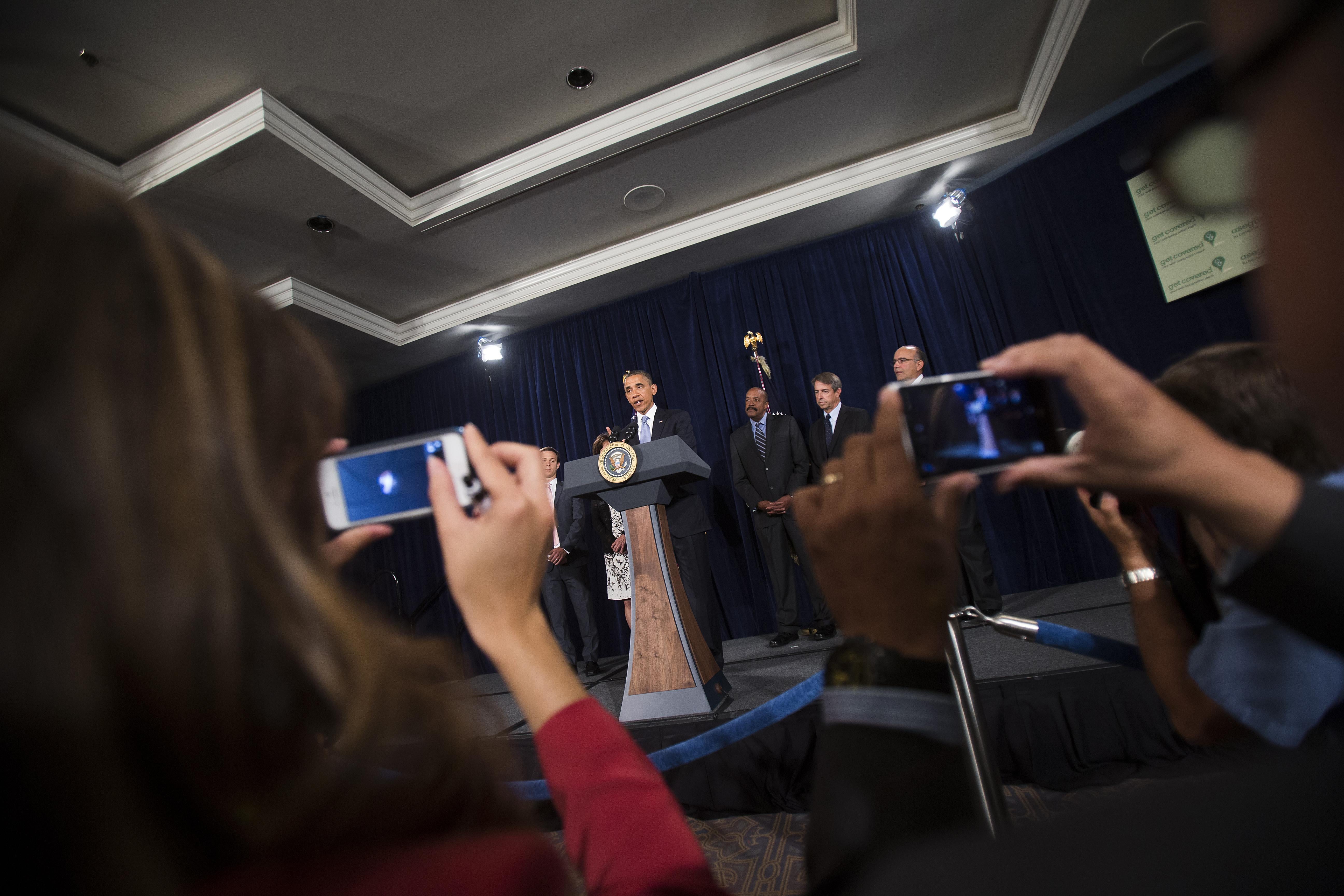The Kaiser Family Foundation completed a survey of health insurance premiums and found that the great slowdown in health care costs is continuing, with premiums rising 4%. That’s faster than the economy as a whole, but continues to represent a “bending of the curve” of the sort that policymakers have been hoping for.
The White House likes to push these stories out because they debunk conservative scare stories about Obamacare somehow causing costs to spiral out of control. But the administration has hesitated to take credit for the fall because it’s actually quite hard to point to a specific provision in the law that’s been fully implemented and that would have this kind of impact. But I actually think it deserves a fair amount of credit. Economic actors are forward-looking. Capital investments take years to plan. You had a big recession in 2008 and 2009 that naturally squeezed spending and depressed investment. And then you had the passage of a law in 2010 that sent a clear signal that the direction of policy is changing. Only some of the cost-cutting measures have been implemented, and a lot of the toothier stuff is still to come down the road. But the law’s passage and the president’s implementation raises confidence that an era of relative austerity for the health care sector is underway, and people are acting accordingly.
And people looking forward and anticipating cost controls are right to do so. It’s notable that while the GOP is still fully committed to Obamacare repeal, they’ve started writing budgets that assume the Obamacare cost savings take place. Absent those assumptions, they can’t make the math work. The previous trajectory of health care spending looked unsustainable, and then we had the passage of a law that tries several dozen different ways of changing the trajectory, and now the health care industry is assuming that the trajectory will in fact not be sustained and is acting accordingly.
